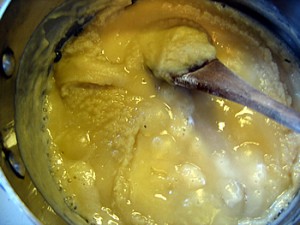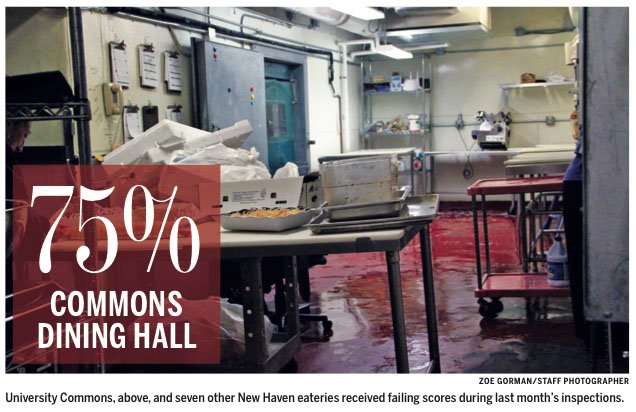Earlier this month, researchers led by Qing Wang from the Center for Food Safety at the University of Georgia, quantified in the journal Food and Environmental Virology just how easily viruses can be spread by cross-contamination from utensils such as knives and graters.
The leading cause of foodborne illness in the US is currently Norovirus, with produce and ready-to-eat foods being identified as the main food types responsible for outbreaks. Previous research has shown that the prime time for food contamination occurs during preparation close to the time when food will be consumed. Although  virus transfer between hands, produce and food-contact surfaces is known to occur readily at this point, to date there is little data on the potential role of kitchen utensils used for food preparation in this cross-contamination.
virus transfer between hands, produce and food-contact surfaces is known to occur readily at this point, to date there is little data on the potential role of kitchen utensils used for food preparation in this cross-contamination.
In this study, the researchers looked at the transfer of the Hepatitis A virus and Norovirus between a range of fruit and vegetables and different kitchen knives or flat steel coarse graters. Tests were done with uncontaminated utensils on contaminated produce and contaminated utensils on uncontaminated produce. Results found that when using uncontaminated utensils, more than half of all knives and graters were contaminated after preparing the contaminated produce. Tests using a contaminated knife or grater very often resulted in contamination of the produce being cut or grated. In fact, after being used on one contaminated piece of produce, sterilized knives and graters were capable of cross-contaminating up to seven further pieces of produce that were chopped or grated afterwards.
As seen in previous studies, the level of contamination observed differed with produce used and type of virus. The authors suggest that the difference in the structure of produce surface may influence virus transfer as well as the binding affinities of the different viruses to produce. For example, the smooth surfaces of a honeydew melon transferred more Norovirus to knives than the rougher surface of a cantaloupe, but the opposite was observed for Hepatitis A virus.
This study demonstrates the ease with which viruses can transfer between produce and utensils using procedures commonly adopted in kitchens. This could pose a significant health risk. The authors conclude that “… great emphasis on utensils as virus vehicles should be placed, and it is important to provide knowledge and training for food workers and consumers to limit virus spread.”
This message – be careful in the kitchen – somehow got transmuted by the Produce Marketing Association to, when consumers prepare food it’s possible that their knives may be contaminated and that, “Clearly consumers have a role to play in safe food handling. That’s why PMA has been a long-time supporter of the Partnership, helping to develop the free fruit and vegetable handling information for consumers.”
But the study didn’t distinguish between home kitchens and food service kitchens or even fresh-cut operations. Groups with a vested interest in blaming consumers for outbreaks of foodborne illness do this kind of rhetorical magic routinely.
Wang Q, Erickson, M, Ortega YR and Cannon JL. The fate of murin norovirus and Hepatitis A virus during preparation of fresh produce by cutting and grating. Food and Environmental Virology. DOI 10.1007/s12560-012-9099-4








 Place at Kay Siang Road and Learning Visions at Raffles Place.
Place at Kay Siang Road and Learning Visions at Raffles Place. wiping cloths and cutting boards in their report.
wiping cloths and cutting boards in their report.